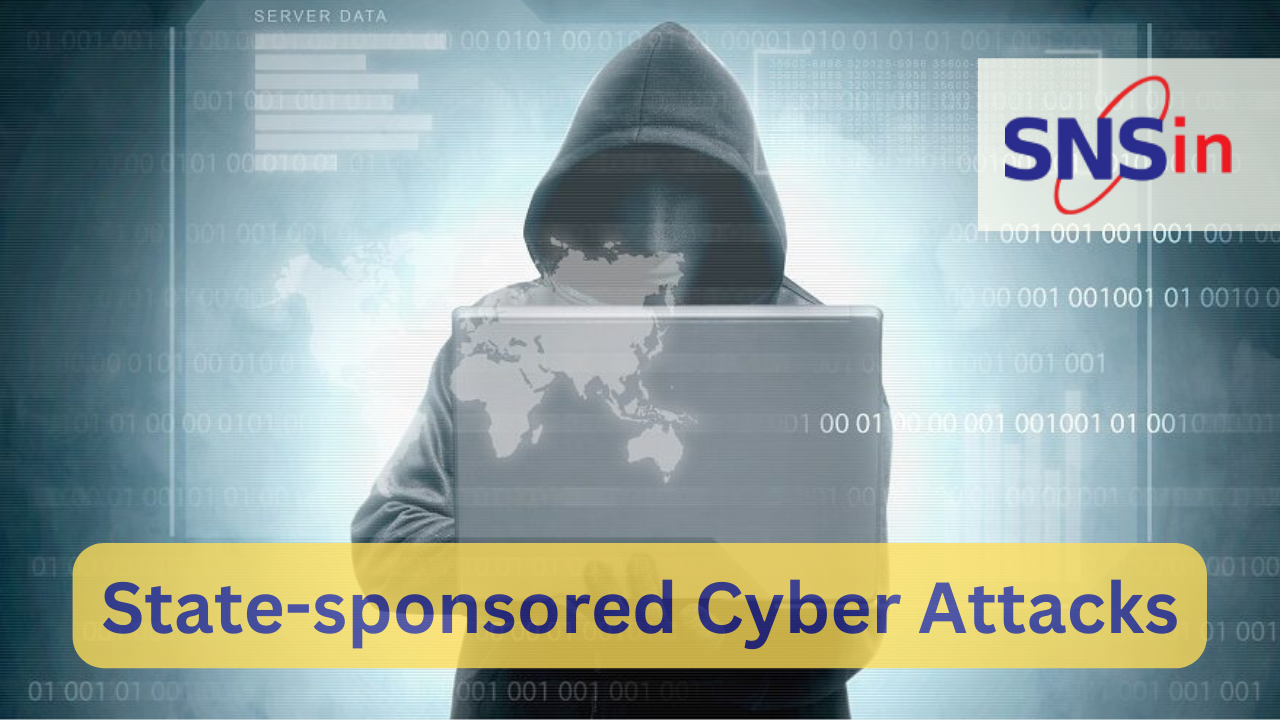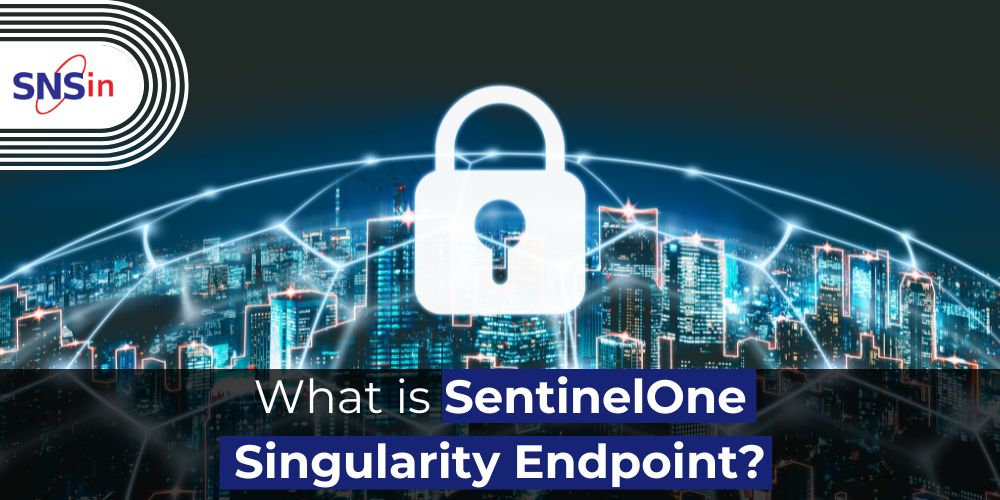State-sponsored cyberattacks occur when the state directly employs cyber hackers through their militaries and government authorities, funding them indirectly. The state’s involvement and a twisted route to funding the attacks make it possible to deny the state’s role in any such occurrence, thereby leaving no impact on the diplomatic relationships of one state with others. The rise in state-sponsored cyberattacks has blurred the lines between privately-run criminal groups and government organizations.
The goals of these attacks could be:
- Gathering intelligence about another nation-state’s military activities, political infrastructure, or corporate secrets— also known as espionage.
- Exploiting systems for financial benefit.
- Identifying and exploiting vulnerabilities of a particular nation as far as its technological infrastructure is concerned.
It is difficult to ordinarily imagine why a nation-state would have any motivation to attack the business of another. However, the involvement of a state in a cyberattack adds several layers of complexity, as it requires more resources and know-how. If detected, state-sponsored cyberattacks are treated as acts of war. In the middle of all this, the poorly guarded businesses are used to serve as a medium for the state to gain a foothold in its target country.
With the advancement in technology, there is a growing realization that our digital society can be exploited and abused in ways that are detrimental to the values of humans. There is also an increased awareness that we are facing a threat from highly sophisticated state-sponsored attacks aimed at acquiring economic advantage. The attackers and their manner of attack are growing in skills, scale, and determination.
Businesses targeted for State-sponsored attacks.
The various types of organizations that face the ever-increasing threat of state-sponsored cyberattacks and that need to enhance their preparedness are:- Local government bodies
- Companies with active contracts funded by the government.
- Public sector utility companies and services
- High-value companies
- Businesses are known for possessing sensitive information that otherwise cannot be accessed.
- Companies with branches in volatile regions
- Organizations that could suffer significantly due to IT downtime.
The risks ahead
The surge in usage and development of 5G across the Globe is a potential threat to the current technological infrastructure of countries. The existence of 5G makes it easier to make deeper inroads through the internet, thereby defeating the targeted countries’ defense mechanisms.
Some of the mediums using 5G and enhancing the risk of espionage are:
- Enhanced mobile internet speed and faster access to online resources.
- Wearables and sensors— devices enabled with 5G internet.
- Ever-expanding IoT– deeper coverage, efficient and low-cost communications.
- Remote control and process automation (Robotics).
- Object tracking and autonomous vehicles.
- Smart homes/buildings/cities
The onslaught of Cyber warfare
The rise in state-sponsored cyberattacks gradually leads to cyber warfare. Cyber warfare is not conventional in terms of the manner of attack. It is unrelated to acquiring physical territory or winning a military war. The objectives, as discussed above, are damaging the infrastructural defenses of a nation to gain access to intellectual property and financial gain.
Improving the Cyber Defense Posture
In the face of rising attacks, an essential step is boosting the existing security mechanisms to make the movement of malicious actors more difficult. The following basic measures can be taken to strengthen the organization’s preparedness against such attacks.
- The fundamentals of antivirus, system updates, encryption, backup, and security patches should be in place.
- Organizations should embed security awareness in the fundamental culture by assessing the company’s readiness in the face of an attack. The lesser the vulnerabilities, the lesser the scope for an attack to compromise valuable information.
- Effective risk management by conducting risk audits to gain insights into the potential opening for threat actors to take advantage of.
- Staying updated about the different kinds of sophisticated threats and their possible defense mechanisms.
- In securing communication channels like video, email, or messaging, it is essential to have at least one fully secure and reliable channel where the organization has enough checks to prevent infiltration.
Conclusion
While not all internet activity between nations will fall under the gaze of state-sponsored attacks, some will, and that is reason enough for companies to bolster their internal security.
Staying abreast of new threats and maintaining basic measures of protecting data, security awareness needs to be mentioned in the company culture. This will go a long way in ensuring safety from espionage and other state-sponsored cyberattacks.
![]()




